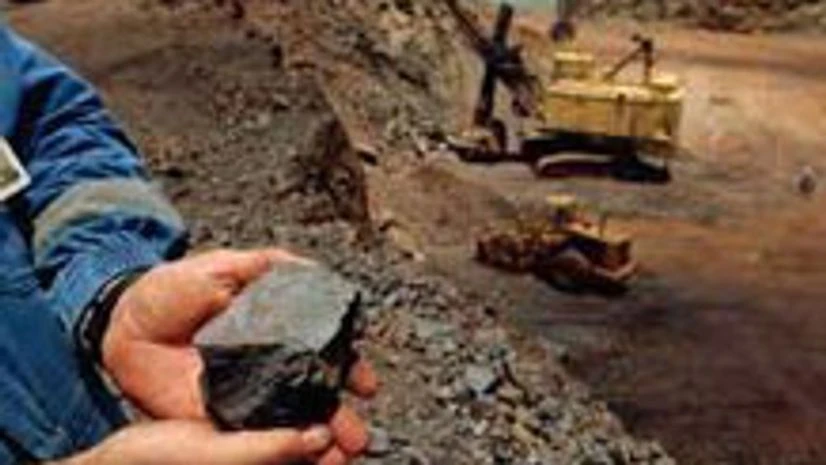The Goa mines ministry will take time until March to clear renewal of iron ore mining leases in the state as every case hereon will be studied from all aspects mentioned in the central empowered committee (CEC), Public Accounts Committee (PAC), Shah Commission report and all other violations of mining laws if any.
"Section 37 in the MCR-1960 rule is something we will be looking at closely as we study cases file-by-file for bigger violation before renewal of mining leases," a senior official from Directorate Mines & Geology, Goa told Business Standard.
As per Section 37 in the Mineral Concession Rule, transfer of lease from one miner to the other without informing the state government is a major violation.
Last week, the Goa mines ministry renewed mining leases of 13 iron ore mines in the state. Of these, four belong to V. M. Salgaocar & Bros, two to Chowgule, and one mine to Sesa Sterlite among other companies.
"Only those mines which had no major violations have received mining lease renewal last week, but all do not come under this. So we will have to take the study case-by-case hereon," said the official.
Goa mining ban was imposed in September 2012. After the stoppage of mining for 18-months, the Supreme Court in April gave permission to resume mining in the state. The mining belt of Goa covers an area of approximately 700 square km and is mostly concentrated in four talukas--Bicholim, Sattari, Sanguem and Quepem.
Vedanta Group company's Sesa Sterlite has received mining lease renewal for its Mareta Sodo mine located in Sattari spread across 26.67 hectares and carries 58-Ferrous content grade of ore.
More From This Section
"We cannot enter the mining area till environment clearance is in place. So it is going to take a while for us to start mining here," said a top official from V. M. Salgaocar & Bros.
As per industry officials, there are total about 27 mines which could have no major violations issues. "13 iron ore mines have already got renewal, may be another 14 mines may get mining lease renewal soon and the balance 78 mines perhaps will be studied case-to-case by the ministry," said an industry official.
Goa gets nearly 60 percent of its total revenue from the mining sector. Before the ban, the state used to clock a revenue of Rs 900 crore per annum from mining alone. Most of the mined ore was mainly exported to China as the low grade ore finds very little or almost negligible application in the domestic market.
"So far this year, we have managed to earn Rs 550 crore from e-auctioning of mined iron ore and don't think we will be able to reach Rs 900 crore mark," said the mines ministry official.
The iron ore which is already extracted and piled up at the mining leases continues to be a property of the state government as per the order of the apex court and government will continue with its process of e-auctioning it.
Though the state's mining sector is on its way to get onto its feet, Goa miners remain concerned over the viability of their business in the current environment.
"India, which was the third largest exporter (before the ban) of the ore after Australia and Brazil has also lost its position as new players have taken over (in these 18 months). This poses a challenge for Goa miners who will have to re-establish themselves in the global market and take additional efforts for that," said Goa Mineral Ore Exporters' Association, secretary, Glenn Kalavampara.
Before the ban was imposed in September, Goa exported 54 million tonne ore.
"Global iron ore prices have also come down and this low grade ore has no application in the domestic market either. To add to it, is the 30 percent export duty (which goes to the central government) along with royalty and value-added tax (which is for the state government). Now with the 10 percent of the sale value of ore going for Goa Iron Ore Permanent Fund, nearly 60 percent of the realisation goes in the form of taxes. In such a situation certainly the business viability looks weak," said the official with Salgaokar.
The government has made it mandatory for the mining lease holders to pay 10 per cent of the sale value for Goa Iron Ore Permanent Fund, a kitty set up by the state.
"Since mining has not resumed in the state, this fund (Goa Iron Ore Permanent Fund) has no collection as yet. But how and where to utilize these funds is also to be decided and mostly by January, we will have a better idea about this," said the mines ministry official.
Lowering of export duty or creating demand for low grade iron ore in the domestic market seems to be a solution to improve the viability of Goa miners' business, said the industry officials.

)
